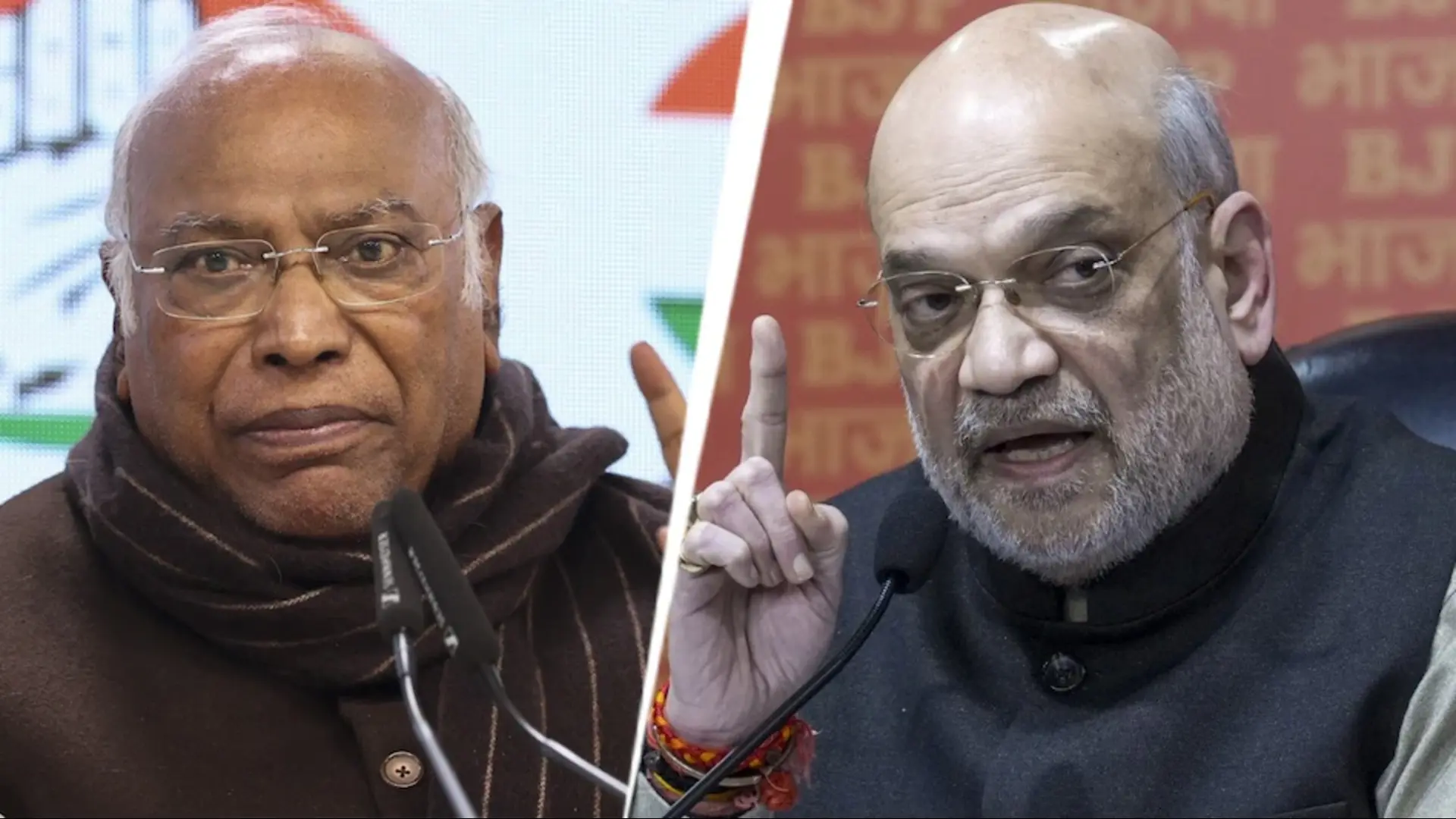
In a groundbreaking move, the United Kingdom government is set to treat extreme misogyny as a form of terrorism. This is the first time that such a classification is being considered, reflecting the growing concern over the rise of violence against women and the influence of online radicalization.
Home Secretary Orders Counter-Terrorism Strategy Review
UK Home Secretary Yvette Cooper has directed a comprehensive review of the country’s counter-terrorism strategy. The review aims to address violence against women, identify gaps in existing laws, and examine emerging ideologies that fuel misogyny. This shift will place violence against women on the same level as far-right extremism, marking a significant change in how the issue is perceived and handled.
Schools to Play a Role in Identifying Radicalization
Under the proposed plan, school teachers will be required to report students they suspect of harboring extreme misogynistic views to the government’s counter-terrorism program. Once referred, local police will assess whether these individuals show signs of radicalization and may need intervention to prevent further indoctrination.
Urgent Need to Address Rising Extremism
Speaking to ‘The Telegraph’, Home Secretary Yvette Cooper emphasized the need for swift action. “For too long, governments have failed to address the rise in extremism, both online and on our streets, and we’ve seen the number of young people radicalized online grow,” she said. Cooper further highlighted the dangers of hateful incitement, stating, “Hateful incitement of all kinds fractures and frays the very fabric of our communities and our democracy.”
The Home Secretary also criticized the current approach to extremism, noting that it has been “badly hollowed out” in recent years, even as the need for action has grown. To counter this, Cooper has instructed the Home Office to conduct a rapid analysis of extremist trends, aiming to map, monitor, and disrupt harmful ideologies.
The Influence of Social Media and Online Radicalization
This new strategy comes in response to growing concerns about the influence of social media figures like Andrew Tate, who has been accused of spreading extreme misogynistic views. Last month, Deputy Chief Constable Maggie Blyth warned that social media influencers could radicalize young people into extreme misogyny in a manner similar to how terrorists recruit followers. She described this trend as “quite terrifying” and called for rapid action to protect vulnerable individuals.
A National Emergency
The UK’s National Police Chiefs’ Council recently released a report declaring violence against women and girls a “national emergency.” The report highlights the urgent need for comprehensive strategies to combat the rising tide of misogyny and protect women from violence.
As the UK government moves forward with this new approach, it remains to be seen how effectively these measures will address the deep-seated issues of misogyny and extremism in society. However, the classification of extreme misogyny as terrorism represents a significant step toward recognizing and combating this pervasive problem.














